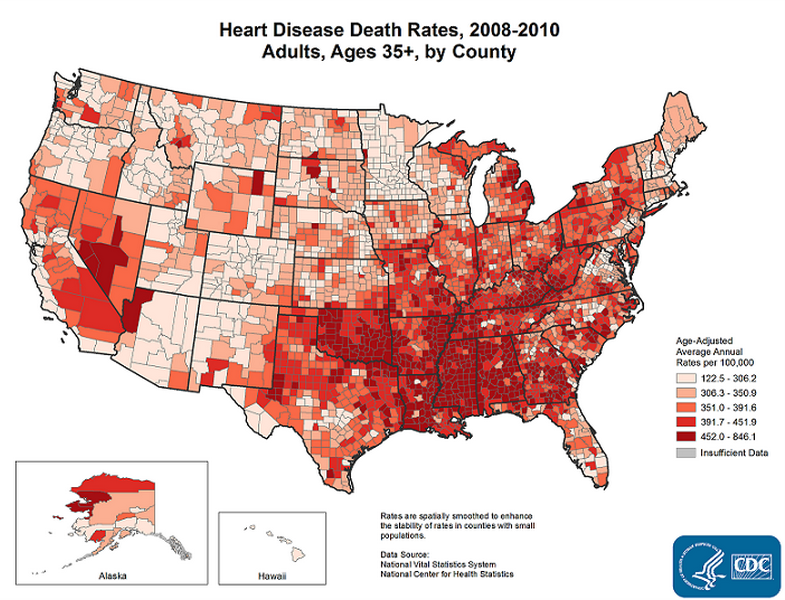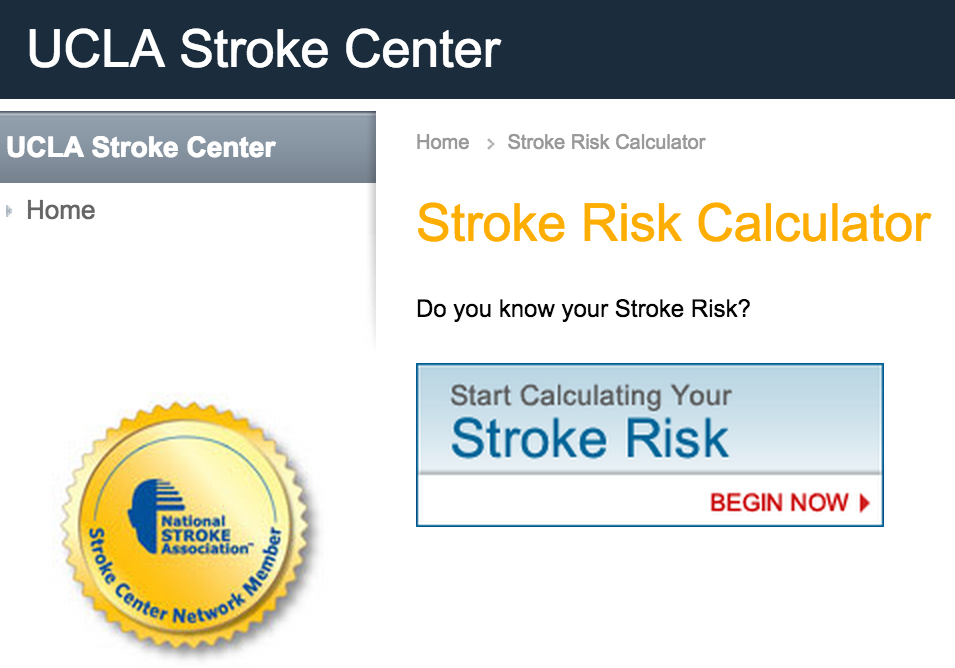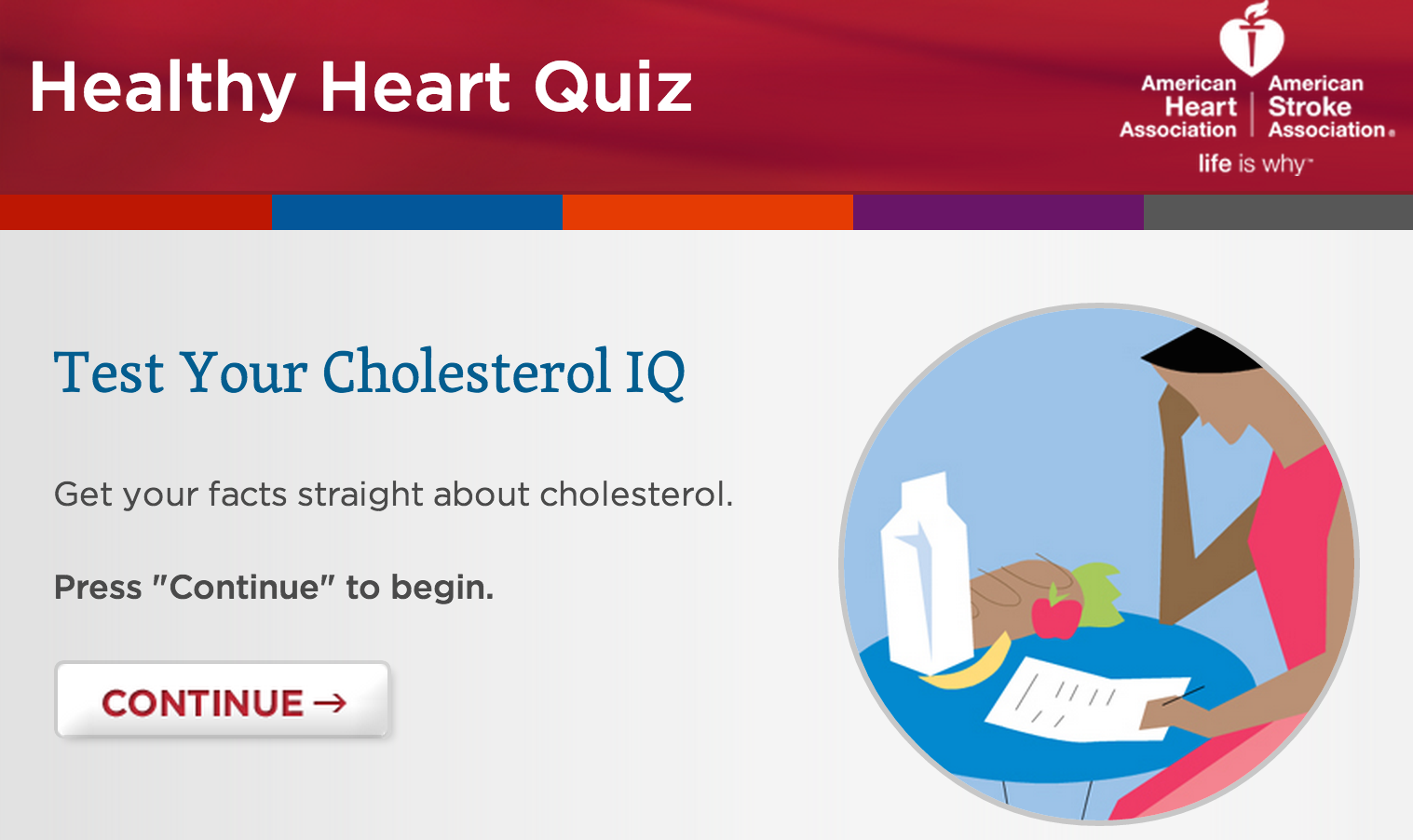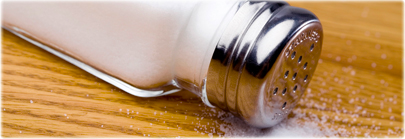We all know someone who died suddenly of heart disease.
We all know the gaping hole left behind in the hearts of devastated spouses and children, the grieving family and friends, the unfinished careers, and even the unresolved aspirations. Unfortunately, most of us know more than one such story, of someone abruptly taken “too soon” by a heart emergency.
Looking exclusively at the numbers, domestic coronary heart disease costs $108.9 billion each year between healthcare bills, medication costs, and lost productivity – and that’s only type of heart disease. [1]
One in four deaths in the United States is caused by heart disease.
How can you keep yourself from becoming one of these statistics?
Instead of letting this fact scare you, take action! Identifying the biggest heart disease risk factors present in your life will enable you to take the necessary preventative measures to reduce your likelihood of developing problems.
Heart disease risk factors tend to overlap with risk factors for other diseases, so making these changes will improve your overall health.
Below we have a list of heart health self-tests that let you identify your risk for heart disease and the biggest contributing factors.
What are these tests and why are they useful?
We evaluated over 100 web-based heart disease self-tests, and identified the following as our top five favorites based on such factors as their ease of use, utility of results, and overall health insight.
Whether for you or for a loved one, these tests are great tools to develop heart health-savvy vocabulary, to initiate discussions with your doctor, and to take back your heart health.
What can I expect?
Some of the most common risk factors include obesity, history of smoking, and stress. None of these will be easy to modify, and it will take time for you to see results.
More importantly, putting in this work and facing these risk factors will give you time.
- How Old Is Your Heart Age?
- Heart Attack & Coronary Heart Disease Risk Assessment
- Stroke Risk Calculator
- Test Your Cholesterol IQ
- Test Your Salt Smarts
Depending on how you’ve cared for it, your heart might have accumulated damage differently than the standard for your numerical age. An obese 24-year old smoker with terrible eating habits will likely have a heart typical of someone much older than his fit, vegetarian girlfriend. This test gives you a good idea of how old your heart really is.
Most heart-related tests require that you know your blood pressure and cholesterol levels, but if you don’t have this data this test can just use your demographics as well as lifestyle choices to identify your heart age. As you answer questions, it pulls up relevant statistics to help you better understand where you fit on the risk spectrum and to anticipate what your heart health roadblocks will be.
2. Heart Attack & Coronary Heart Disease Risk Assessment
The American Heart Association and the American Stroke Association have paired up to develop this self-test, which allows you to assess your risk of heart attack or death by coronary heart disease (CHD) in the next 10 years.
An interesting feature of this test is that, on each page, you will find an explanation of the major risk factors along with links for more information, allowing you to get educated on the whole picture of heart disease – not just the factors applicable to you! At the end of this test, the AHA provides you with further information so you can get help, as well as tools to track your health.
This test does require that you know your blood pressure and cholesterol levels. If you do not know these, you might be overdue on your annual physical exam.
This risk calculator, which assumes you know your blood pressure, collects some basic demographic and medical history data points to calculate your risk of having a stroke.
Additionally, it compares your percent risk to the average for your age. As we get older, we tend to compare our own health to our peers’, but our limited social circles can skew our perceptions; this test helps you objectively assess your relative risk. It can also help you start discussing stroke risk with your friends, so that you can build a social support network for heart health and wellness habits.
Another great resource from the American Heart Association, this quiz addresses five common misconceptions about cholesterol. This is a fantastic way to address disparities in health literacy, and a natural way to confront misconceptions and teach without making anyone feel as though they are being “lectured.”
Studies have supported a link between high salt/sodium intake, hypertension, and both cardiovascular disease as well as heart disease. Though many people are not surprised to hear this fact, there are still plenty of misconceptions about just how easy it actually is to cut back on salt intake, how pervasive sodium is in the American diet, and how effective these changes may be. Like the previous cholesterol test, this quiz is an encouraging way to confront anyone – yourself, a loved one, a friend – about their sodium intake.






